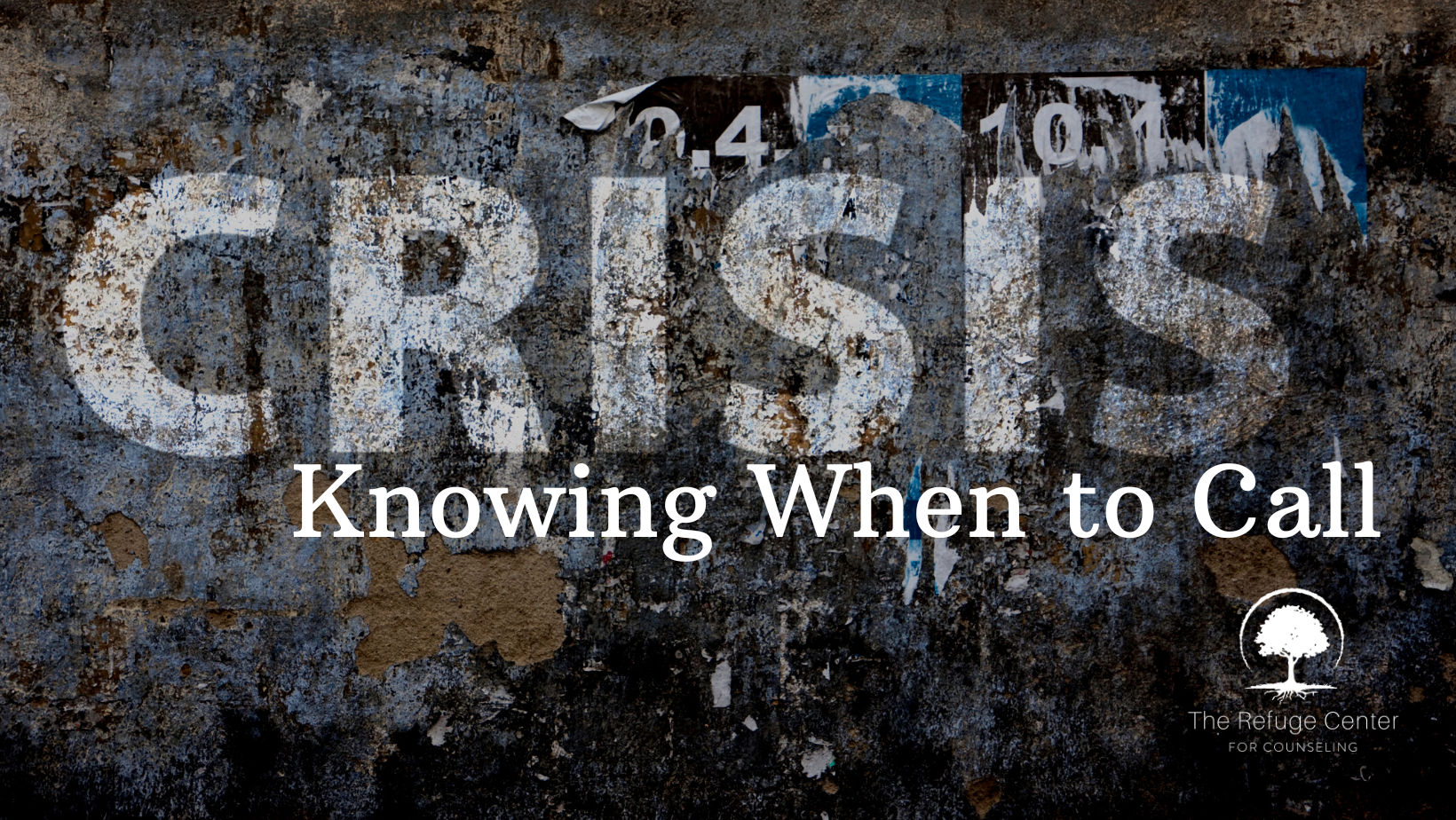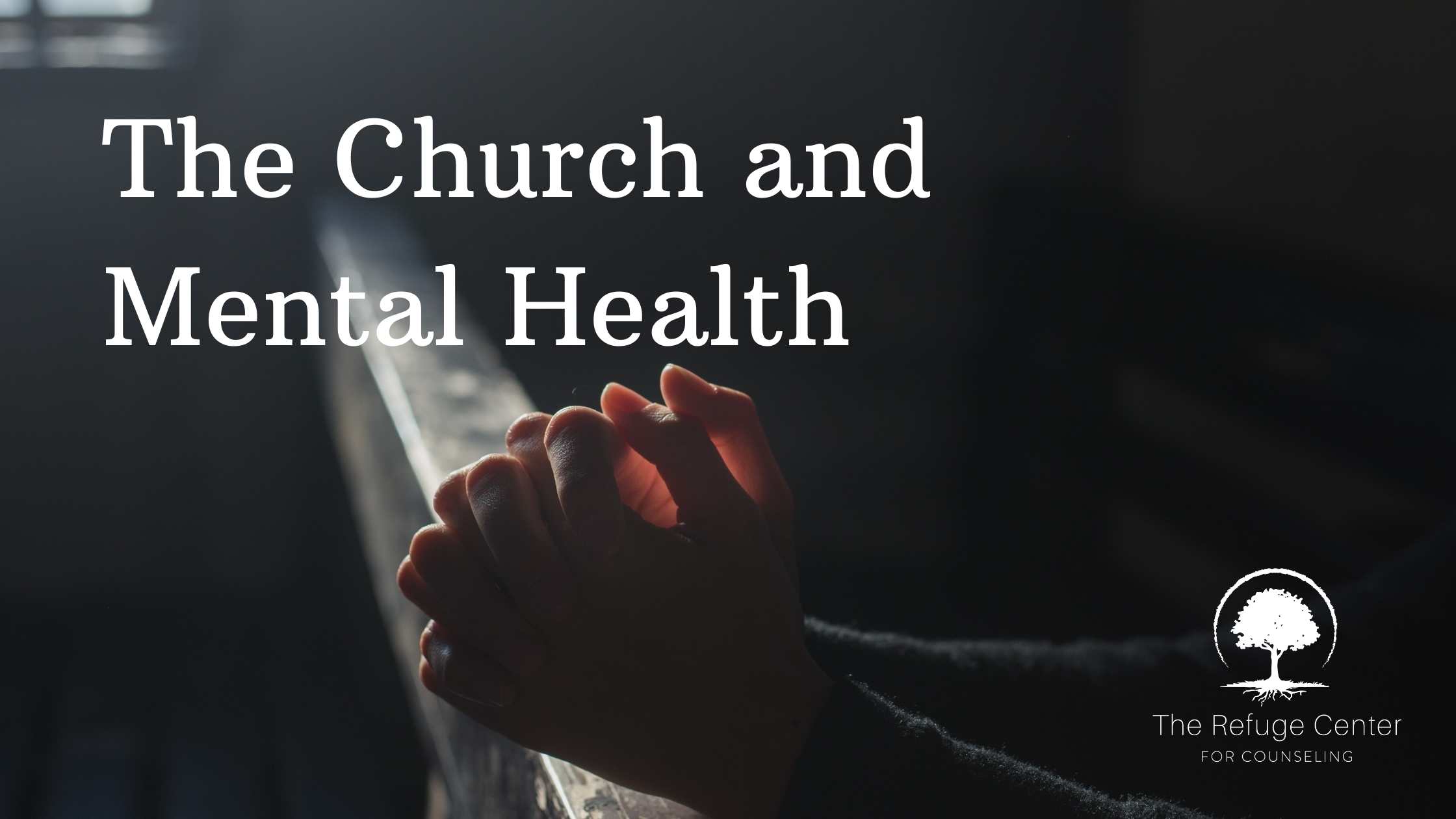Simply put, a crisis is when you need serious and urgent help from others because your own ways of coping are not effective enough at the moment.
On July 16th, the new number for the mental health crisis changed to an easy to remember three digit number, 988. So many people hear about crisis resources and helplines, but never believe they will be in the situation where they need these resources for themselves. Even the word “crisis” elicits all sorts of ideas from different people. Maybe you think about someone who is suicidal or someone who seems “out of control.”
While these are common and important examples of what a crisis might be, there are other types of crises that you may have not considered. A family who is going hungry due to lack of food resources, an elderly person in need of healthcare access, or someone who needs to get connected to metal healthcare providers are all additional examples of what a crisis may look like.
When you experience a crisis, you may feel certain sensations in your body. Your breathing may be strained, your heart may race, or your chest may feel heavy. Internally, you may feel confused, angry, helpless, shame/guilt, vulnerable, anxious, or hopeless. It may be difficult to self-regulate during a crisis and bring your body back to its natural equilibrium state.
Simply put, a crisis is when you need serious and urgent help from others because your own ways of coping are not effective enough at the moment.
Many external and internal factors can lead to a moment of crisis. Perceived loss and traumatic experiences can cause someone to depend on coping and problem-solving skills to regulate. When these skills are not sufficient for the individual to return back to a state of being emotionally regulated, this increases the individual’s anxiety and fear. Often in this elevated state, external regulators such as substances, other people, or belief systems may be utilized. An individual usually comes out of crisis once the situation or internal experience is changed in some way. Making a call is one of the best ways to deescalate the situation.
Luckily, making the call in a crisis has become simpler and easier than before. Tennessee offers two numbers, the 211 helpline and 988 hotline.
When to call 211
The new Tennessee helpline is now active and ready to provide callers with the resources they need. The 211 helpline is active 24/7, 365 days a year. The professionals on the other end have access to 10,000 health and human service programs, so you can be pointed towards the arms of others waiting to help. If you need immediate food, water, shelter, or safety, call 211. If you need housing or employment assistance, call 211. If you are struggling with your mental health, but not in crisis, call 211 to get mental health resources.
When to call 988
Another important three-digit number to remember is the 988 Mental Health Crisis and Suicide Hotline. If you or anyone you know is in crisis, especially if that includes considering suicide, calling this number will connect you with trained mental health professionals to deescalate the situation. Depending on the intensity of the need, the professional on the other end of the line will help walk you through your moment of crisis, refer you to local mental health providers, or provide you with immediate emergency services. The 988 line is there to serve you no matter if you are experiencing a panic attack or actively wanting to complete suicide. 988 also works for text or you can even chat online at 988lifeline.org.
Regardless of your circumstances, if you find yourself in a situation and don’t know the way out, just dial three numbers and speak with someone who can offer a helping hand. You don’t deserve to sit in the darkness alone, there is hope at the other end of the helpline.
If you are unsure if you are having a crisis, it never hurts to call 211 or 988. There is no shame in saying “I need help.”
If you do not believe you are in crisis and would like to get connected to mental health professionals, The Refuge Center for Counseling is also waiting with open arms. To make the first step and schedule an appointment, call 615-591-5262.
If you would like additional information on the new 211 helpline, you can find it here https://www.unitedwaygreaternashville.org/211-helpline/. If you would like additional information on the new 988 mental health crisis hotline, please visit https://www.samhsa.gov/find-help/988.
Blog written by Master’s Level Intern, Madison Josey and edited by Weatherly Hulsey
Share this post
About Us
Who We Serve
Get Involved
-
Connections Lunch
-
Sponsorship Opportunities
-
Volunteer
-
Internship Opportunities
-
Post Master’s Fellowship Program
What’s Happening
Follow Us
Instagram
Facebook
Twitter
Youtube
Pinterest
The Refuge Center for Counseling is a 501c3 nonprofit organization (20-3831943). We are also a United Way of Williamson County Partner Organization.





